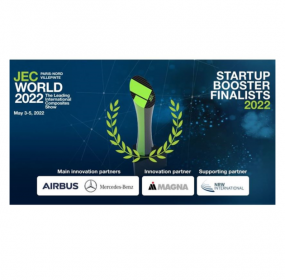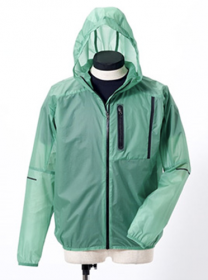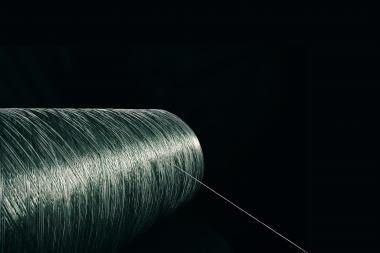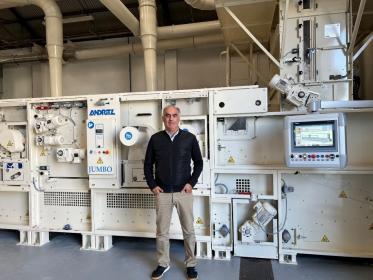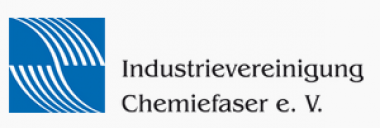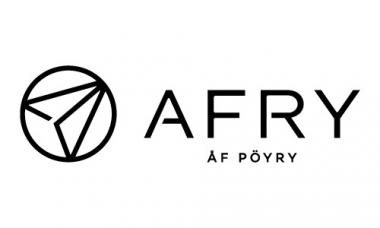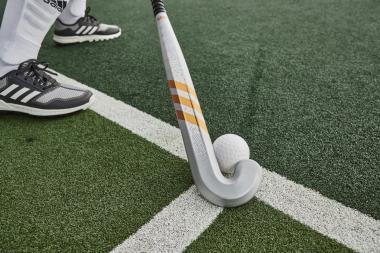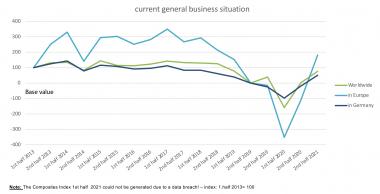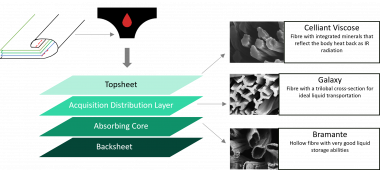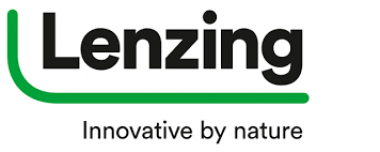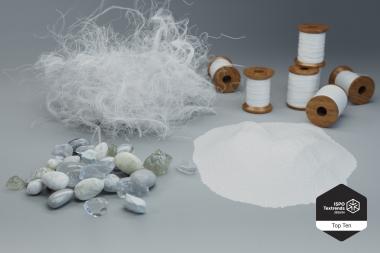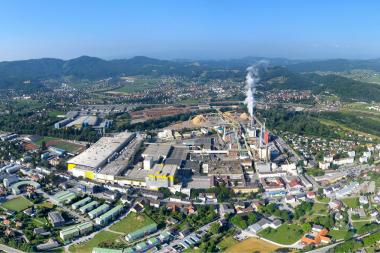Perlon GmbH in Germany takes over NOWO Products Sp.z.o.o. in Poland
Perlon® - The Filament Company - headquartered in Munderkingen, Germany, which specializes in the manufacture of synthetic filaments for the Paper-, Brush-, Cosmetics- and Dental industry buys NOWO Products Sp.z.o.o. in Kluczbork, Poland. NOWO is a leading European producer of twisted monofilaments for the global paper industry. Perlon® herewith expands its market leadership in the Paper Machine Clothing segment through this acquisition which is regarded as a vertically integrated investment for the Perlon® Group.
“With the merger of the Perlon® Group and NOWO, we are reinforcing a company that is geared towards the global paper industry of the future and we are expanding our market leadership in this segment. NOWO is a perfect fit for the Perlon® Group with its long-term experience and special knowledge in the production of twisted monofilaments and this complements our existing product portfolio well.” states Florian Kisling, CEO of Perlon®.
The Perlon® Group will take over NOWO Products with all 40 employees and production lines located in the NOWO factory in Kluczbork, Poland.
Perlon GmbH









